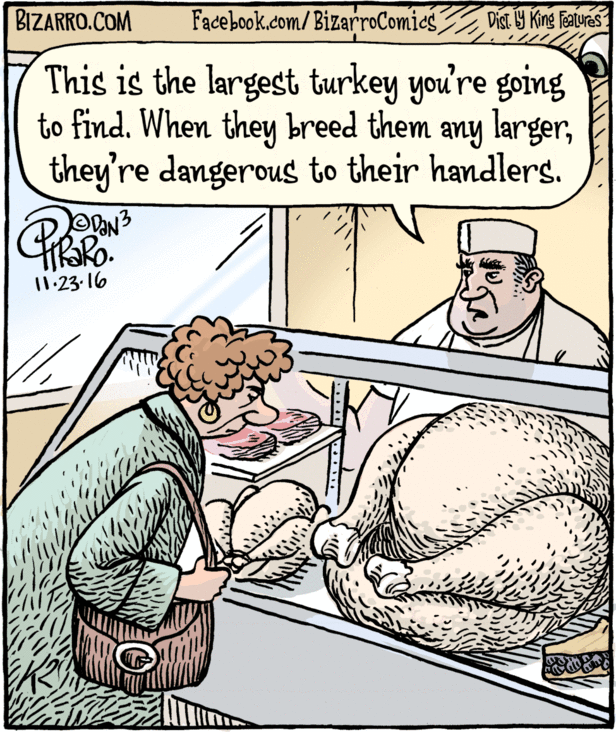Marla Rose and John Beske have graciously provided permission to share their work on this site. If you wish to sucure like permission of your own project, you can contact them via the social media links listed on their website.
Vegan Sidekick has graciously provided permission to share his work on this site. If you wish to secure like permission of your own project, you can contact him via his website.
Marla Rose and John Beske have graciously provided permission to share their work on this site. If you wish to sucure like permission of your own project, you can contact them via the social media links listed on their website.
Emily Moran Barwick has graciously provided permission to share her work on this site. If you wish to secure like permission of your own project, you can contact her via her website.
Skool of Vegan has graciously provided permission to share his work on this site. If you wish to secure like permission of your own project, you can contact them via social networking.
Marla Rose and John Beske have graciously provided permission to share their work on this site. If you wish to sucure like permission of your own project, you can contact them via the social media links listed on their website.
Emily Moran Barwick has graciously provided permission to share her work on this site. If you wish to secure like permission of your own project, you can contact her via her website.
Emily Moran Barwick has graciously provided permission to share her work on this site. If you wish to secure like permission of your own project, you can contact her via her website.
Dan Piraro has graciously provided permission to share his work on this site. If you wish to secure like permission of your own project, you can contact him via his website.
Dan Piraro has graciously provided permission to share his work on this site. If you wish to secure like permission of your own project, you can contact him via his website.

















